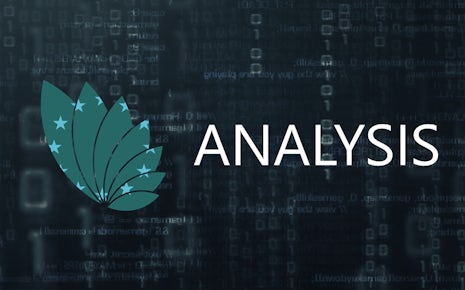Analysis
Dialogue, Partnership and Empowerment for Network and Information Security
Author(S)
by Carrapico H., Farrand B.
Short Summary
The protection of cyberspace has become one of the highest security priorities of governments worldwide. The EU is not an exception in this context, given its rapidly developing cyber security policy. Since the 1990s, we could observe the creation of three broad areas of policy interest: cyber-crime, critical information infrastructures and cyber-defence. One of the main trends transversal to these areas is the importance that the private sector has come to assume within them. In particular in the area of critical information infrastructure protection, the private sector is seen as a key stakeholder, given that it currently operates most infrastructures in this area. As a result of this operative capacity, the private sector has come to be understood as the expert in network and information systems security, whose knowledge is crucial for the regulation of the field. Adopting a Regulatory Capitalism framework, complemented by insights from Network Governance, we can identify the shifting role of the private sector in this field from one of a victim in need of protection in the first phase, to a commercial actor bearing responsibility for ensuring network resilience in the second, to an active policy shaper in the third, participating in the regulation of NIS by providing technical expertise. By drawing insights from the above-mentioned frameworks, we can better understand how private actors are involved in shaping regulatory responses, as well as why they have been incorporated into these regulatory networks.
Source

